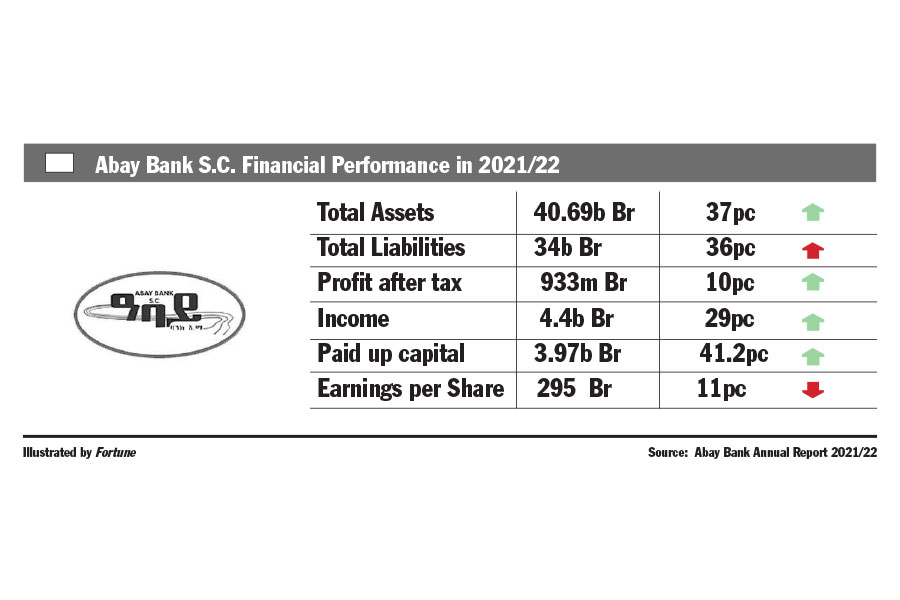
Covid-19 | May 31,2020
While The Simpsons and Family Guy have become caricatures of their earlier season selves, with BoJack Horseman (one of the best-written shows of all time) having bitten the dust earlier this year, and with South Park, Archer and Bob’s Burgers having never been more sophisticated than annoying, there is only one great adult animated series left standing in the ring - Rick and Morty.
With its series finale having aired late last month, the series is a millennial geek’s dream. It is in equal parts self-referential, self-deprecating, obsessed with internet pop culture and filled with self-loathing and shame. Its nihilism is only matched by its seemingly limitless drive for the metaphysical. Its self-hatred is only matched by its preoccupation with radicalising geek culture. So, yes, it is a great show.
The series follows the adventures of Rick Sanchez, continuously referred to as the smartest person in the universe, an omnipotent-ish alcoholic scientist who has discovered inter-dimensional travel, and his grandson, Morty, a scrawny, timid and hormonal 14-year-old boy.
Both live in Morty’s parents’ house, where the who’s who of personality disorders can be found. The patriarch is Jerry, an unemployed, inarticulate, emasculated man whom Rick hates for being ineffectual.
Beth is obsessed with being acknowledged by her father, Rick, but resents him for leaving her early in childhood, mostly because she ended up with a man she believes is beneath her (in looks, financially, intellectually) and forever tries to come to terms with the possibility that she may be a loser as well. Perhaps the sanest, and most well-put-together presence in the family is Summer, Beth and Jerry's first born, who sees the meaninglessness of it all and often just goes with the flow.
All of this character study is done as a backstory to convoluted sci-fi plots in each episode. The protagonists are Rick and Morty, who travel across different universes, get into trouble and consistently come out on the other end having learned that the concept of the good is an illusion. Rick unlocks reality to the extent that it becomes so complicated and so de-centred from humanity that many episodes devolve into nihilism.
It is for this reason that the Rick and Morty we are shown in the first episode of the first season are probably not the same individuals we are shown in the fourth season – we do not know, but it barely matters. There are infinite versions of them in the multiverse. The garbage-in-garbage-out attitude the show has to values and knowledge applies to its protagonists as well.
It is to the animated series’ credit that it manages to be even more meta than this. It is not just the characters, their emotions and ambitions that are cross-examined, critiqued and chewed out as ultimately meaningless in the face of a reality that warps and bends. It is the style of storytelling itself, its theme and the show’s fandom. All of these were particularly addressed in the fourth season’s "Never Ricking Morty" instalment. The episode is set inside a so-called Story Train, which mirrors the incoherent script-writing of the show over the show's four seasons and alludes to the expectations of fandom, perhaps even suggesting that the theme of the series is escaping predictability by its fans.
All of this may make it a turn-off for mainstream audiences, but the show’s popularity is a testament to how accurately it represents the general tone of our times. It takes from Back to the Future but upgrades the context to thematically mirror an era that has increasingly grown wary of science, technology, family values and is stuck in a constant cycle of updating its cultural and historical references.
If Back to the Future was the child of the light sci-fi of Jules Verne and H.G. Wells - human values and spirit kept intact in the face of a changing world - Rick and Morty imagines the Nietzschean world – humanity turned inside out by its ambition to know and understand the universe.
As I said, this is a great show, if not a bit depressing.
PUBLISHED ON
Jun 20,2020 [ VOL
21 , NO
1051]

Covid-19 | May 31,2020

Life Matters | Dec 31,2022

In-Picture | Feb 15,2020

Fortune News | Oct 24,2020

Fortune News | Mar 18,2023

My Opinion | Aug 01,2020

Commentaries | Dec 11,2020

View From Arada | Aug 14,2021

Viewpoints | Dec 07,2019

Commentaries | Aug 29,2020

My Opinion | 131969 Views | Aug 14,2021

My Opinion | 128359 Views | Aug 21,2021

My Opinion | 126296 Views | Sep 10,2021

My Opinion | 123912 Views | Aug 07,2021

Jul 5 , 2025
Six years ago, Ethiopia was the darling of international liberal commentators. A year...

Jun 28 , 2025
Meseret Damtie, the assertive auditor general, has never been shy about naming names...

Jun 21 , 2025
A well-worn adage says, “Budget is not destiny, but it is direction.” Examining t...

Jun 14 , 2025
Yet again, the Horn of Africa is bracing for trouble. A region already frayed by wars...

Jul 6 , 2025 . By BEZAWIT HULUAGER
The federal legislature gave Prime Minister Abiy Ahmed (PhD) what he wanted: a 1.9 tr...

Jul 6 , 2025 . By YITBAREK GETACHEW
In a city rising skyward at breakneck speed, a reckoning has arrived. Authorities in...

Jul 6 , 2025 . By NAHOM AYELE
A landmark directive from the Ministry of Finance signals a paradigm shift in the cou...

Jul 6 , 2025 . By NAHOM AYELE
Awash Bank has announced plans to establish a dedicated investment banking subsidiary...